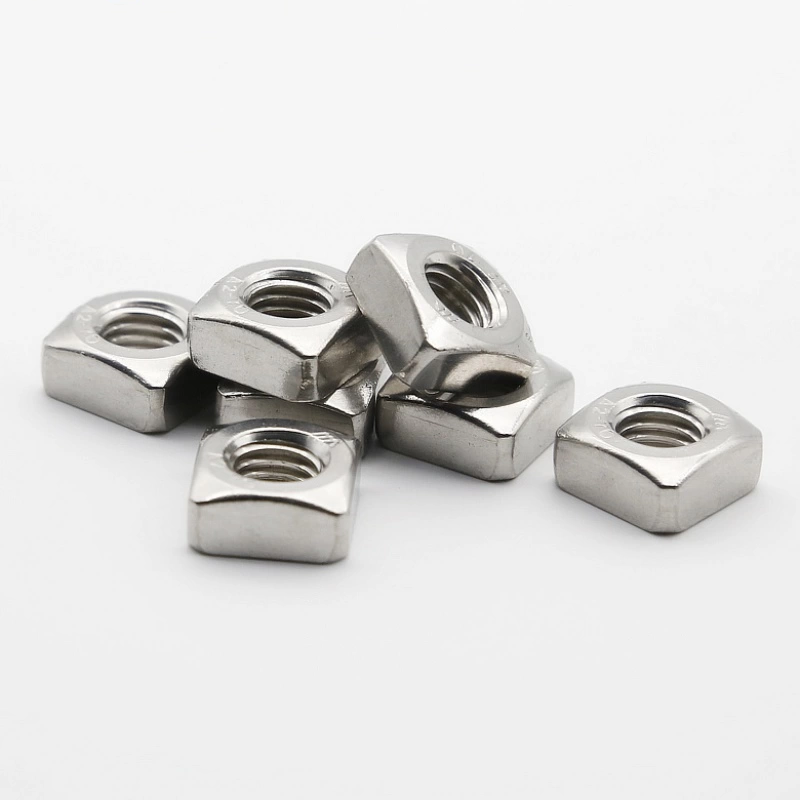

flat washer lock washer
11월 . 25, 2024 16:45 Back to list
flat washer lock washer
Understanding Flat Washers and Lock Washers A Comprehensive Guide
In the realm of mechanical engineering and maintenance, understanding the nuances of fastening hardware is crucial for ensuring the longevity and reliability of assembled systems. Among the most frequently used components are flat washers and lock washers. While they may seem like simple accessories, their roles are fundamental in fastening applications across various industries.
What are Flat Washers?
Flat washers are disc-shaped devices that are used to distribute the load of a screw or nut. They are typically made from materials such as metal, plastic, or rubber and come in various sizes based on the specific application requirements. The primary function of a flat washer is to create a larger surface area under the fastener, thereby preventing damage to the surface being fastened and helping to ensure a secure fit.
One of the primary advantages of flat washers is their ability to create a more even load distribution. This characteristic minimizes the risk of deformation in the parts being secured, which is particularly important in delicate assemblies or when fastening materials with differing hardness levels. Flat washers also help to protect the surface of the material from scratches and other forms of damage that can occur during the tightening process.
Types of Flat Washers
Flat washers can be categorized based on their design and the materials from which they are made. Some common types include
1. Plain Washers These are the most basic form of flat washers, featuring a simple, flat disc shape with a hole in the center. They can be used in a variety of applications.
2. Fender Washers These washers have a larger outer diameter compared to standard flat washers. The extra width allows them to provide additional support, making them ideal for use with holes that are oversized or require additional bearing surface.
3. Square Washers While less common, square washers can be used in specific scenarios where enhanced load distribution and stability are required.
4. Insulated Washers Constructed from non-conductive materials, these washers are designed to prevent electrical conductivity in applications where it is crucial to eliminate the risk of short circuits.
flat washer lock washer

What are Lock Washers?
Lock washers are another common type of fastening hardware, designed specifically to prevent fasteners from loosening due to vibration or other external forces. Lock washers are typically installed between the fastener and the surface being fastened, providing a mechanism that maintains tension over time.
There are several types of lock washers, including
1. Split Lock Washers These are perhaps the most recognizable type of lock washer. They are made from a circular piece of material that is split and has a slightly raised edge. When a nut or bolt is tightened against a split lock washer, the washer's split design compresses and bites into the surfaces of the fastener and the material, providing resistance to loosening.
2. Tooth Lock Washers Featuring angled teeth along one side, tooth lock washers grip the surfaces of the fastener and the material, providing additional friction. They are particularly effective in environments subject to severe vibrations.
3. Wave Washers These washers are designed with a wavy shape, which allows them to exert a spring-like force when compressed. They are used in applications where a small amount of preload is necessary.
When to Use Flat Washers vs. Lock Washers
Choosing between flat washers and lock washers depends largely on the nature of the application. Flat washers are ideal when the goal is to distribute the load or protect the surface, while lock washers are necessary in situations where vibration or movement could lead to loosening of the fastener.
In many applications, these two types of washers can be used in conjunction, offering the benefits of both load distribution and secure fastening. Proper selection and installation of washers can significantly enhance the performance and durability of mechanical assemblies.
Conclusion
Understanding flat washers and lock washers is essential for anyone involved in mechanical assembly or maintenance. These seemingly simple components play crucial roles in ensuring that fasteners remain secure and materials remain protected. By selecting the appropriate type of washer for the task at hand, professionals can increase the reliability and lifespan of their assemblies, thereby reducing the risk of failure in critical applications.
Latest news
-
Hot Dip Galvanized Bolts - Hebei Longze | High Strength, Corrosion Resistance
NewsAug.01,2025
-
High-Strength Hot Dip Galvanized Bolts - LongZe | Corrosion Resistance, Custom Sizes
NewsAug.01,2025
-
Best Self Tapping Screws for Drywall - Fast & Secure Installation
NewsJul.31,2025
-
High-Strength Hot Dip Galvanized Bolts-Hebei Longze|Corrosion Resistance&Customization
NewsJul.31,2025
-
Hot Dip Galvanized Bolts-Hebei Longze Metal Products|Corrosion Resistance&High Strength
NewsJul.31,2025
-
Hot Dip Galvanized Bolts-About LongZe|High Strength, Corrosion Resistance
NewsJul.30,2025

